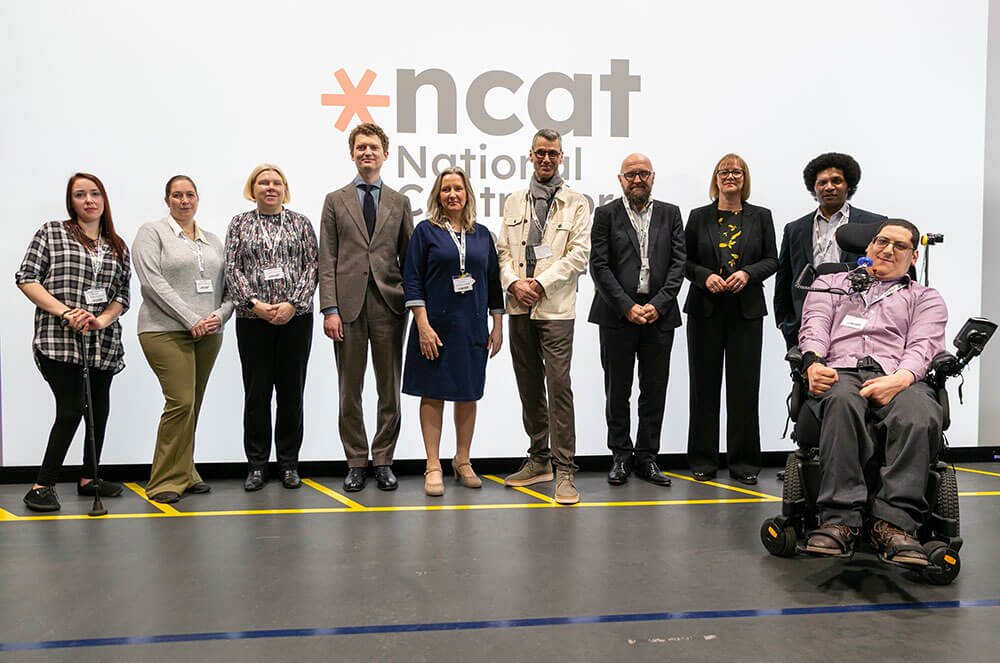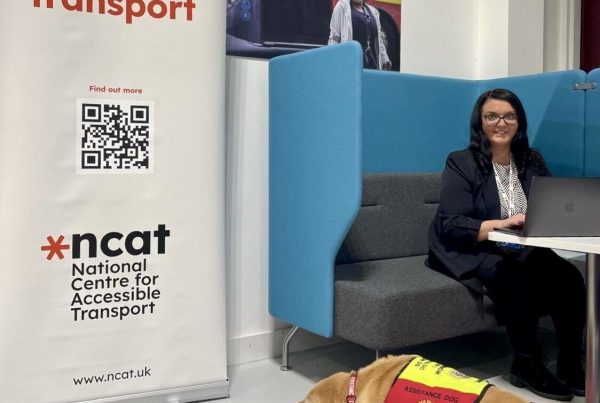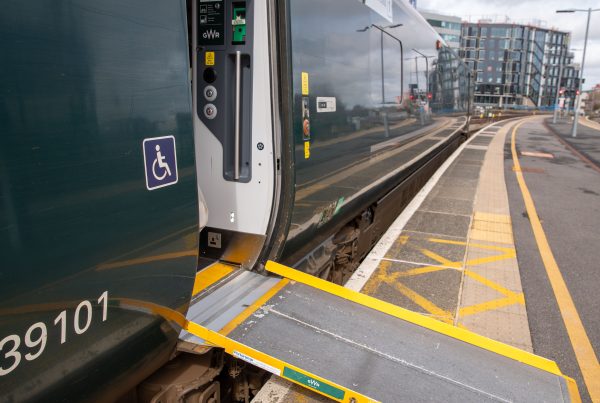About the National Centre for Accessible Transport (ncat)
The National Centre for Accessible Transport (ncat) provides high-quality, human-centred evidence and insights. This evidence will inform policy and strategy, and influence investment decisions by government, transport operators, and providers of mobility services. ncat’s work is fully rooted in the realities of the lived experiences of disabled people and stakeholders who inform and help prioritise our work.
The video animates several shapes, which move and transform until they form the NCAT logo. Watch this being demonstrated in the video below.
The above video animates several shapes, which move and transform until they form the ncat logo.
Get involved
ncat works in partnership with disabled people, disability organisations, transport providers and policy makers to conduct research and co-develop solutions; ensuring the inclusion of disabled people in all decision making and collaborating widely with transport stakeholders; demonstrating good practice and impact to influence policy.

News

Report Publication: Economic Benefits of Accessible Transport
Making transport accessible
ncat is a specialist consortium, led by Coventry University alongside partner organisations Connected Places Catapult, Designability, Policy Connect, Research Institute for Disabled Consumers, and WSP UK.
ncat is being funded by the Motability Foundation, with the aim of providing the evidence base to close the transport accessibility gap.









